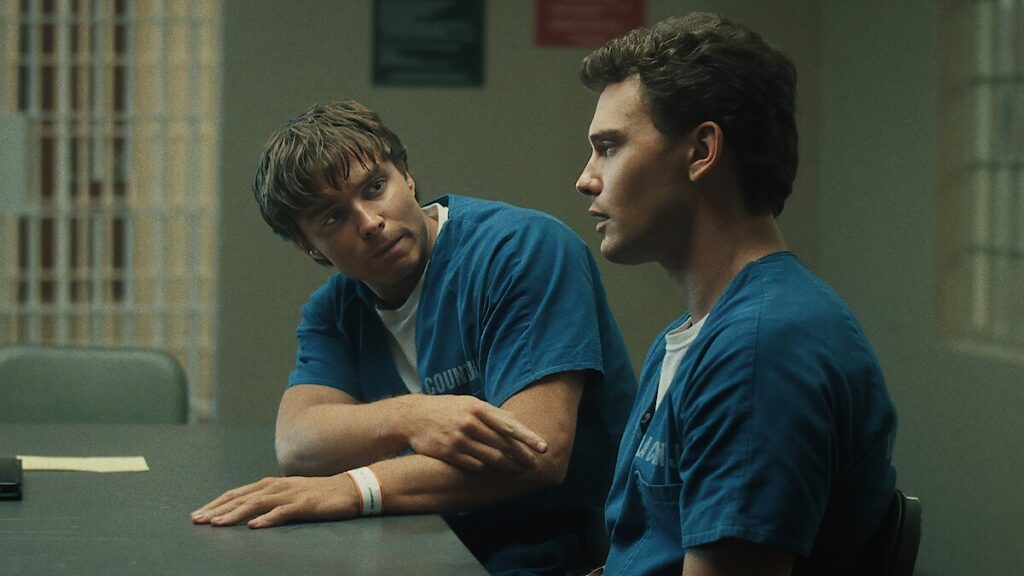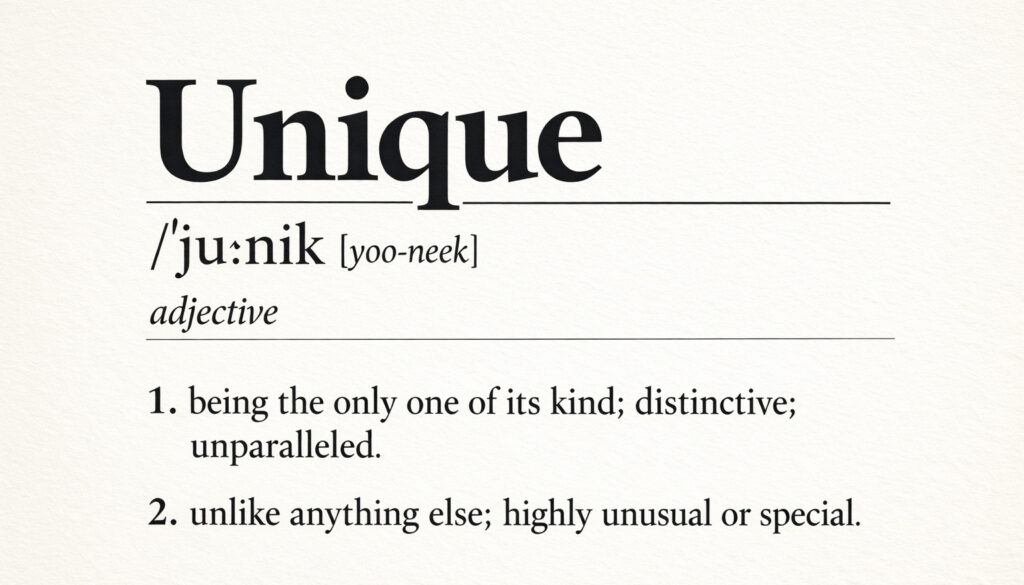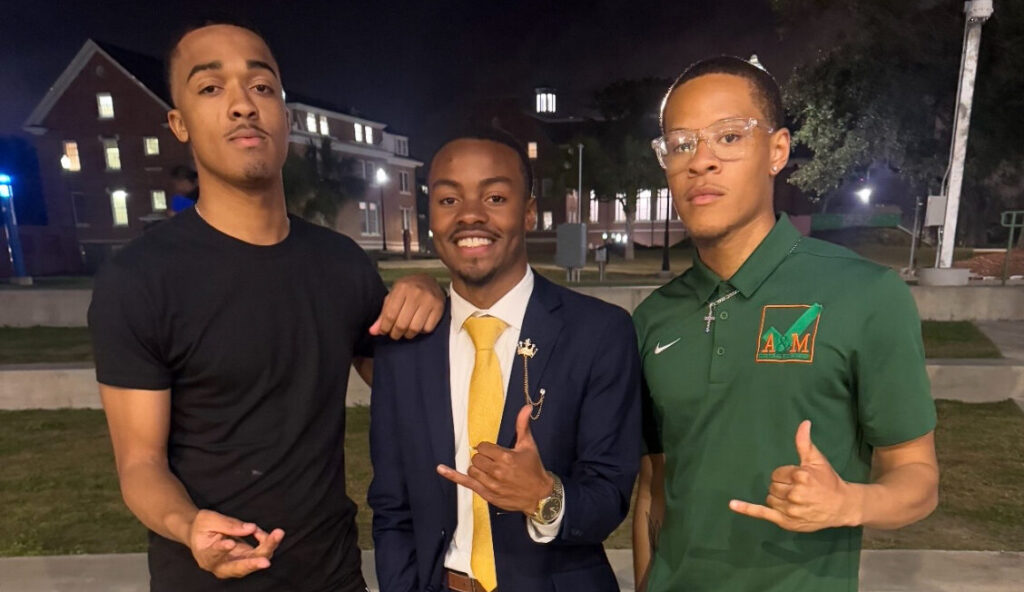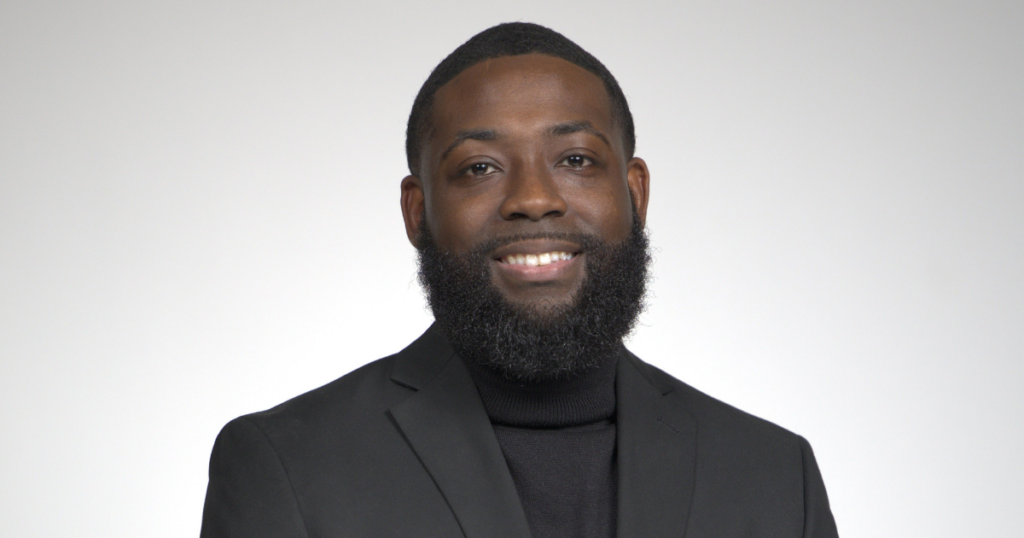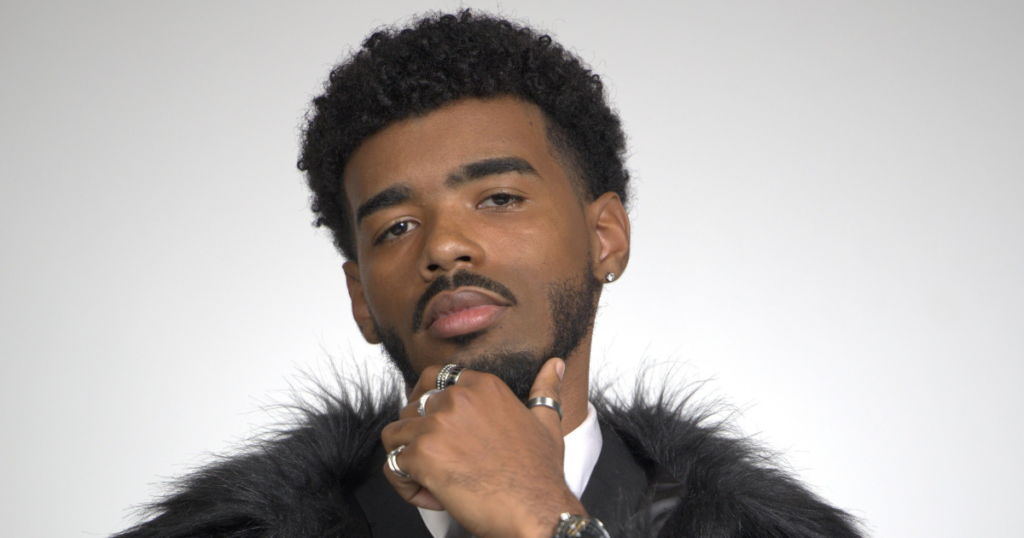Case Background
In 1989, the brutal murders of José and Kitty Menendez in their Beverly Hills mansion propelled their sons, then 21-year-old Lyle and 18-year-old Erik, into infamy.
The brothers initially claimed that they were not involved, with Lyle’s first phone call to the police after the murder being, “Someone killed my parents!”
José Menendez was a wealthy and successful entertainment executive, and the money spent by the two brothers after the murders of their parents raised suspicion. However, a tip six months later allowed authorities to arrest and try them (with separate juries).
Their trials were highly publicized, and it was during them that Erik and Lyle Menendez admitted to the killings. However, they argued for a lesser punishment, citing years of emotional, physical and sexual abuse by their father as the motive. Prosecutors claimed that the true motive was financial gain.
In 1996, Lyle and Erik Menendez were convicted of first-degree murder and sentenced to life in prison without parole.
Recently, their case has regained national attention due to increased public interest in cases involving abuse through true crime media, like television shows, podcasts and documentaries.
“Monsters” Controversy
Ryan Murphy and Ian Brennan’s “Monster” is a Netflix docudrama anthology series that explores notorious killers. Season one, “Monster: The Jeffrey Dahmer Story,” went viral in 2022 and included performances from Evan Peters as serial killer Jeffrey Dahmer and Niecy Nash as Glenda, a suspicious neighbor.
Season two focuses on the Menendez brothers.
“Monsters: The Lyle and Erik Menendez Story” dramatizes the Menendez brothers’ story through multiple perspectives. The season presents different beliefs about their motive to kill their parents—whether they were victims of abuse or cold-blooded killers seeking financial gain. It touches on the father’s abuse and portrays their mother as mentally unstable.
While it mimics a courtroom argument, the show does not provide definitive conclusions and relies on (verified and unverified) research and testimonies. Instead, it invites viewers to interpret the events themselves. This narrative approach emphasizes the complexity of the truth, which only a few individuals truly know.
Erik Menendez expressed frustration with how he and Lyle were portrayed throughout the series.
“It is sad for me to know that Netflix’s dishonest portrayal of the tragedies surrounding our crime have taken the painful truths several steps backward—back through time to an era when the prosecution built a narrative on a belief system that males were not sexually abused, and that males experienced rape trauma differently than women. Those awful lies have been disrupted and exposed by countless brave victims over the last two decades who have broken through their personal shame and bravely spoken out,” he said in a statement posted to his wife’s, Tammi Menendez’s X account.
Erik ends his message with the question, “Is the truth not enough?” underscoring his deep disappointment with the narrative presented by Netflix.
The series also probes Lyle’s character, painting him as cold-hearted compared to Erik in multiple scenes. However, Lyle’s vulnerable moments are shown as well, especially surrounding his memory of his experience with sexual assault and the feeling of not being able to protect his brother.
Erik’s sexuality was questioned throughout the season, too, causing him to come out with the following statement.
“No [I am not gay]. The prosecutor brought that up because I was sexually molested, and he felt in his own thinking that if I was sodomized by my father, I must have enjoyed it, and therefore I must be gay,” he said.
He emphasized that he is happily married to his wife, and she is the driving force behind his happiness while in prison.
Public Attention and Thoughts
Some who sympathize with Erik and Lyle Menendez advocate for the reconsideration of their sentences, emphasizing the role of trauma and family dysfunction.
The Menendez brothers were initially charged and brought to trial in separate proceedings. Both trials ultimately ended in mistrials, which occur when a trial is declared invalid due to a deadlock—the jury cannot reach a unanimous verdict. The juries could not decide whether to convict the Menendez brothers of murder or manslaughter. These mistrials paved the way for a retrial.
As new evidence emerged, the brothers were retried together.
Damya Ollivierre, a second-year criminal justice scholar, sheds light on the concept of double jeopardy.
“Was the [Menendez case] a case of double jeopardy?” Ollivierre asked. “Double jeopardy protects people from being tried twice for the same offense. As advocacy groups push for their release, one should ponder upon whether the double jeopardy clause will be the ultimate means for their release.”
In any effect, “Monsters: The Lyle and Erik Menendez Story” highlights the unsettling details surrounding the characters of both José and Kitty Menendez. Regardless of the controversy surrounding the show, it does pose the question of whether the Menendez brothers truly were given a fair chance during their three-year trial.

